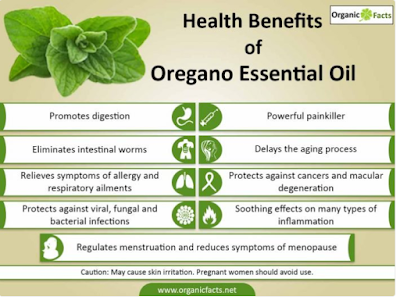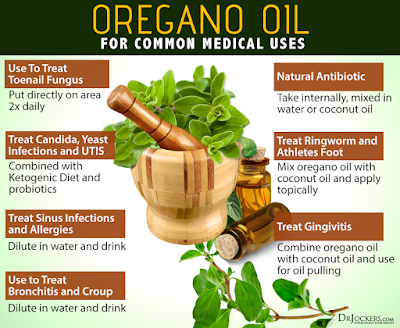Oil of oregano is used in alternative and traditional medicine as an antifungal, antibacterial and antiviral agent. Although it is likely safe for most healthy adults, there is limited scientific support for its efficacy. Potentially serious viral illnesses like H1N1 should be treated by a medical doctor.
H1N1
The H1N1 influenza virus, or “swine flu,” was first diagnosed in the spring of 2009. This highly contagious virus spread quickly enough for the World Health Organization to declare a global pandemic, although that designation was lifted in 2010. Symptoms are similar to those of other flu viruses: fever, cough, body aches, chills, sore throat and headache. Although H1N1 was originally transmitted to humans from swine, it is not possible to contract H1N1 from eating pork.
Oil of oregano has a reputation in the alternative medicine community as a potent antiviral, antifungal and antibacterial agent. This may be due to the presence of a compound called carvacrol, which was shown in a November 2003 study in the journal “Cytotechnology” to inhibit the damaging effects of some toxins on mammal cell growth.
Oil of oregano to be effective against some antibiotic-resistant bacteria. However, insufficient scientific evidence exists for its use against any specific diseases or viruses, including H1N1.
Oil of oregano should not be used as a treatment for H1N1.
The typical adult dose of oil of oregano is 100 milligrams three times daily. Look for a product containing 55 to 65 percent carvacrol. It is important to remember that scientific studies do not show oregano oil to be useful against viral illnesses and there is limited support for its antibacterial and antifungal action. Treatment for H1N1 should be done under the care of a medical doctor. He will likely recommend rest, liquids and over-the-counter pain relievers like ibuprofen. He may prescribe antiviral or anti-inflammatory drugs, although these drugs are not necessary for everyone.
most-common-oil-of-oregano-side-effects
Oil of Oregano & H1N1 Facts Video :

